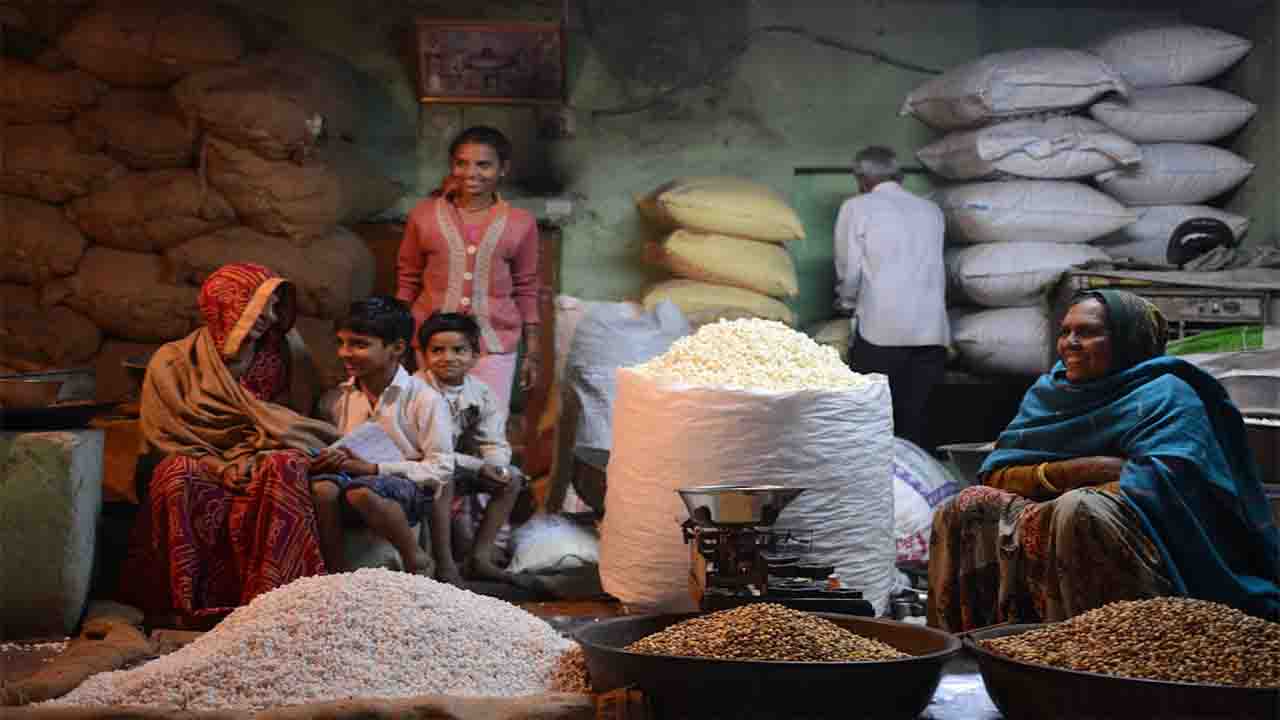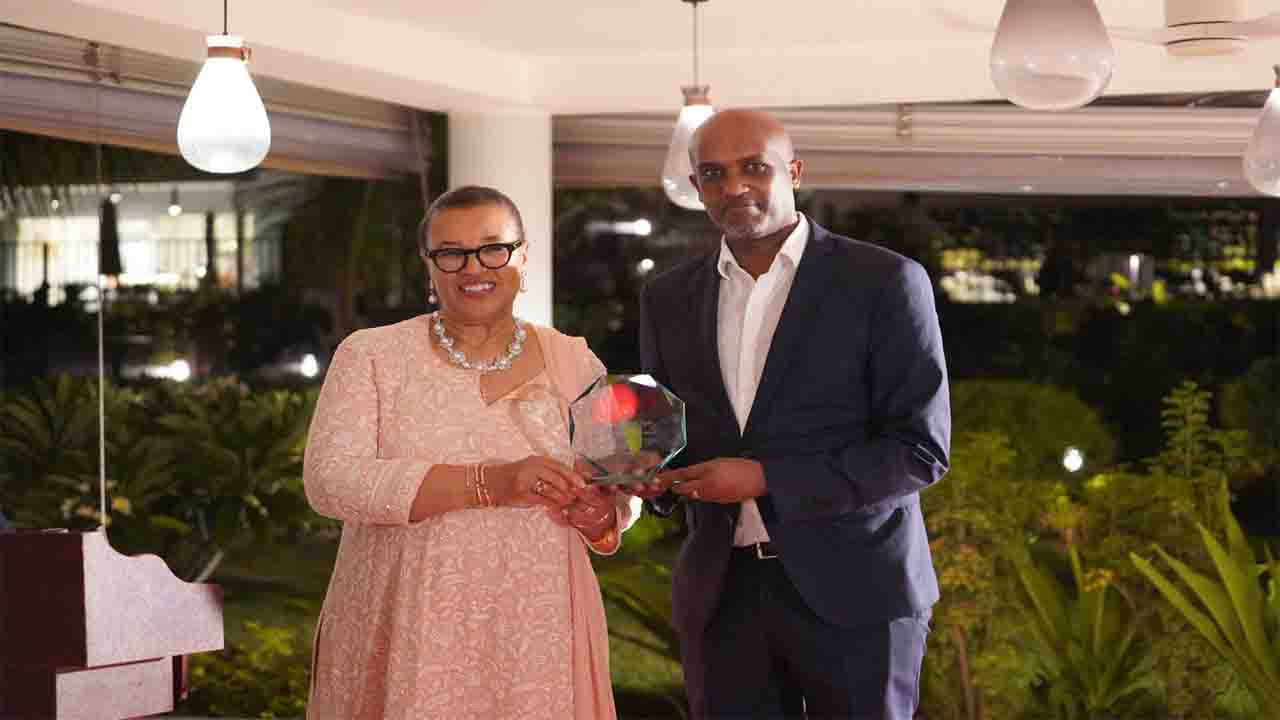Ghana’s label as the “Gateway to Africa” is a testament to the country’s decades-long journey to becoming the second most peaceful and eighth-largest economy in Africa. Since 1990, Ghana’s Human Development Index has risen by 31% owing to the country’s commitment to education with an 80% literacy rate and commitment to transparency and accountability. . The regional powerhouse is a net-exporter with its currency (Ghanaian Cedi) consistently stable against the US dollar and its annual GDP growth rate a healthy 6.2%.. Due to its stability, breathtaking landscape and diverse topography, each of its fourteen regions has something amazing to offer to tourists- the Kakum National Park on the southern coast protecting endangered elephants and roan antelopes, the rainbow streaked Boti Falls in the east, the relaxing and sunny Labadi Beach in Accra, and the historically rich site of the Okomfo Anokye Sword of the Ashanti Kingdom are just a few of the endless adventures to be explored across the country.
Being one of the wealthiest nations of the region and an active leader in championing regional cooperation, Ghana is cultivating positive relationships within the African Continental Free Trade Area (AfCFTA), with AfCTA’s Secretariat to be located in Accra. Although Ghana was by no means insulated against the catastrophic impact of COVID-19, it has risen to the occasion to create sustainable pathways towards economic recovery. According to the assessments of S&P and Moody’s for Ghana’s 2020-2021 performance, the government’s efforts to “build back better” were recognised and termed “faster than its peers”. Special emphasis was put on the Ghana CARES (Obaatampa) Programme, a 100 billion cedi program launched in November 2020. This had the sole objective of alleviating the distress of Ghanaian citizens caused by the pandemic but also created an unprecedented burden on the national budget. However, the programme has succeeded in contributing to a promising growth trajectory, with economic growth going from negative 5.7 to a positive 3.9 within just one year. Although critics within the country remain unsatisfied and are continuing to urge the government to do more, this is in itself a positive sign of critical self-evaluation and consistent drive towards improvement.
Ghana’s vaccine policy has resulted in the government to date having administered around 1.64 million doses across the country, with plans to have 20 million of its citizens fully vaccinated by the end of 2021. Ghana has been efficiently interfaced with the African Vaccination Acquisition Trust (AVAT) to seek the provision of 17 million vaccine doses, being among the earliest of 27 African states to fulfil all legal paperwork to be given the doses.

The government also has multiple major infrastructure projects in the pipeline. Examples include the Trans-ECOWAS railway connecting Aflao in the southeast to Elubo in the southwest to facilitate cargo and passenger traffic as well as trade with Togo and Cote d’Ivoire, the Volta Lake Transport System, a Light Rail Transit System consisting of seven long corridors to transform Kumasi into a commercial and transport hub while also alleviating traffic congestion, and the Central Spine Rail Line connecting numerous major cities to the developing hub of Kumasi. The government aims for all infrastructure projects to align with and deliver the United Nations Sustainable Development Goals (SDGs) as contemplated under Ghana’s Infrastructure Plan (GIP) 2015.
Ghana has massive untapped reserves of hydrocarbons and oil discovered at CTP Block 4 in offshore Ghanaian territory which, coupled with the 2019 Akoma discovery of oil, will provide an estimated of 500-700 million BOEs. The Ghanaian government has sought to capitalise on this opportunity and passed the Petroleum Hub Development Corporation Bill in October 2020 dedicated to making a petrochemical hub along the western coast aimed at prioritising sustainable socio-economic development and long-term job creation for the local population. Revenues are earmarked to facilitate industrial services such as railways, roads, refineries and aviation facilities. The Africa Energy Week 2021, an exhibition organised by the African Energy Chamber scheduled for November 2021 plans to showcase Ghana’s major projects. This will highlight the role of the national oil company, Ghana National Petroleum Corporation (GNPC) as a key player in Africa’s energy future.











